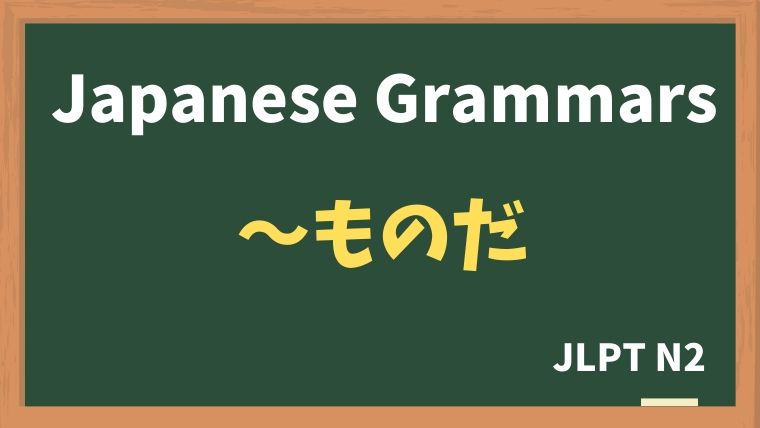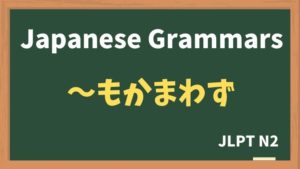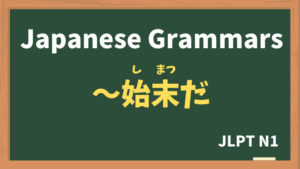
Explanation:〜ものだ
fa-check-circleMeaning
本来そうだと思われることを表す。当然〜する。物事の本来の性質や傾向などを表す。
"normally / in general / should"
Used to express something that is considered to be common knowledge.
fa-check-circleForm
V(dictionary form / nai form)+ ものだ
イA + ものだ
ナAな + ものだ
fa-check-circlePoints
- Expressing General Truths or Natural Occurrences:
"〜ものだ" is often used to state something that is generally true or naturally happens. It conveys a sense of inevitability or common knowledge, highlighting things that happen as a matter of course. - Conveys Universality:
The expression emphasizes that the statement applies to everyone or everything in a similar situation. It’s used to underline the universal nature of the statement.
fa-check-circleJLPT Level
N2
Sample sentenes
人は疲れたら、自然に眠くなるものだ。
When people are tired, they naturally become sleepy.
誰でも残業は嫌なものです。
Nobody likes working overtime.
たくさんお金を持つと、人は変わるものだ。
When people have a lot of money, they tend to change.
赤ちゃんは泣くものなんだから、少しくらいうるさくても我慢して欲しい。
Babies normally cry, so I hope you can bear with it even if it's a bit noisy.
人は誰でも間違いをするものだ。
Everyone makes mistakes.
プレゼンテーションの前は誰でも緊張するものです。
It's natural for everyone to feel nervous before a presentation.
年を取ると、記憶力が悪くなるものだ。
As you get older, your memory naturally declines.
子供は好奇心が強いものだ。
Children are naturally curious.
Vocabulary
| Japanese |
English | |
| 我慢する | がまんする | to put up with / to be patient |
| 記憶力 | きおくりょく | memory |
| 好奇心 | こうきしん | curiosity |






